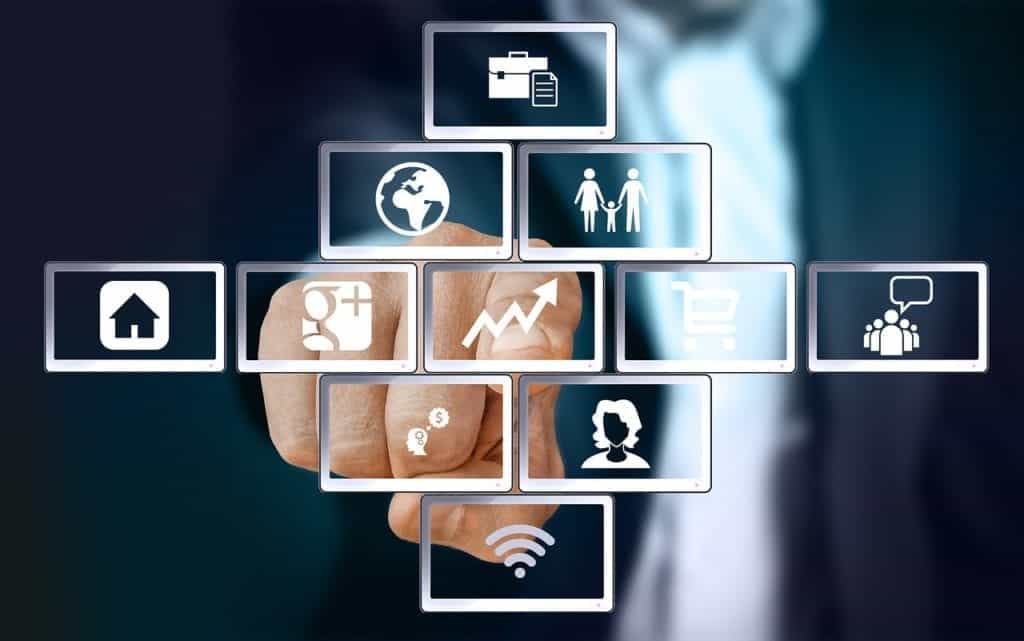Keeping up with the latest and greatest information technology trends seems like a never-ending task nowadays. Many businesses dedicate at least one staff member, if not an entire team, to identifying the newest IT topics and how to integrate them into their daily business practices.
Sometimes they even hire an outside specialist who can walk them through the different types of new technologies and then help with the integration process.
If you are a smaller business and do not have the resources to hire a specialist, do not think all hope is lost. You can find tons of technology articles online that thoroughly define and describe these trends. One of the best ways to begin learning is by familiarizing yourself with the popular terms and topics in 2017. Check out the list below to get started.
New IT Topics to Know in 2017
1. On-Demand Everything
Modern consumers developed a taste for on-demand services with the help of digital video recorders (DVRs) and other on-demand devices that allow them to stream their favorite television shows and movies whenever they please.
Thanks to the introduction of on-demand apps by companies like Uber and those copying Uber’s unique format, the consumer desire for on-demand everything is something businesses need to remember in 2017.
2. Smart Home Tech and IoT
If you have not yet heard about the Internet of Things (IoT), you will be soon. IoT simply refers to the longstanding idea of creating integrated home technologies that seamlessly connect and work with one another. This smart home tech involves cloud computing, networks of sensors that gather data, and increasing communication from sensor to machine as well as machine to machine.
3. Mesh App and Service Architecture
Mesh app and service architecture (MASA) is the beginning of this movement towards smart home tech. MASA uses multiple channels to leverage serverless and cloud computing services through microservices, containers, events, and APIs to produce dynamic, modular, and flexible solutions.
4. Data Integrity and Security
With the increasing number of data breaches every year, it is no wonder many big companies and even smaller businesses have started focusing heavily on adaptive security architectures. Security must be the main concern when developing websites and applications, especially when exploring IoT environments. These adaptive security measures must reflect the fluidity of MASA and IoT technologies and, therefore, require more forethought than in the past.
5. More Accessible Big Data
Although the term big data has been around for the last five years, many small businesses still do not quite understand what big data is or how it works.
Companies that focus on collecting and distributing this data recognize the difficulties normal people face when attempting to digest these massive amounts of numerical data. You can expect to see some advancement to make this big data more accessible and empathetic.
6. Virtual Reality and Augmented Reality
2016 saw huge steps forward in the world of virtual reality (VR) and augmented reality (AR) with the release of Oculus Rift. It was very well received and gaming companies soon released thousands of VR games and apps. Another great example of AR’s popularity was PokemonGo, an AR game with more than 100 million downloads. Consumers should expect to see more VR and AR versions of games, applications, and practically everything else over the next few years.
7. Integration of the Physical and Digital
Technology has become increasingly essential in our everyday lives since the introduction of mobile devices. Think about the last meeting you attended or a conversation you had where someone did not need to Google an answer to at least one question.
Consumers will begin to see physical brands and stores, such as Walmart, introducing more online features, and big digital brands, such as Amazon, adding more physical products.
Blockchain
Another of the new technologies sure to make a splash in 2017 is the introduction of blockchains. These are a kind of distributed ledger that groups value exchange transactions in a digital form of currency, like bitcoin, into sequential blocks.
Companies in the title registry, identify verification, and music distribution worlds hope to use blockchains to transform their industry operating models. They can then reduce friction through transparent access and add trust in untrustworthy environments.










